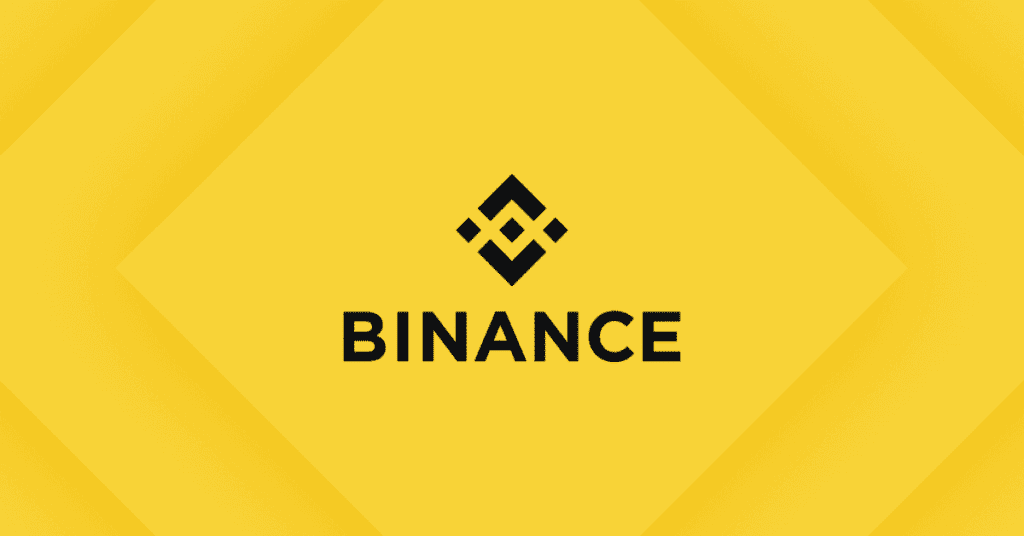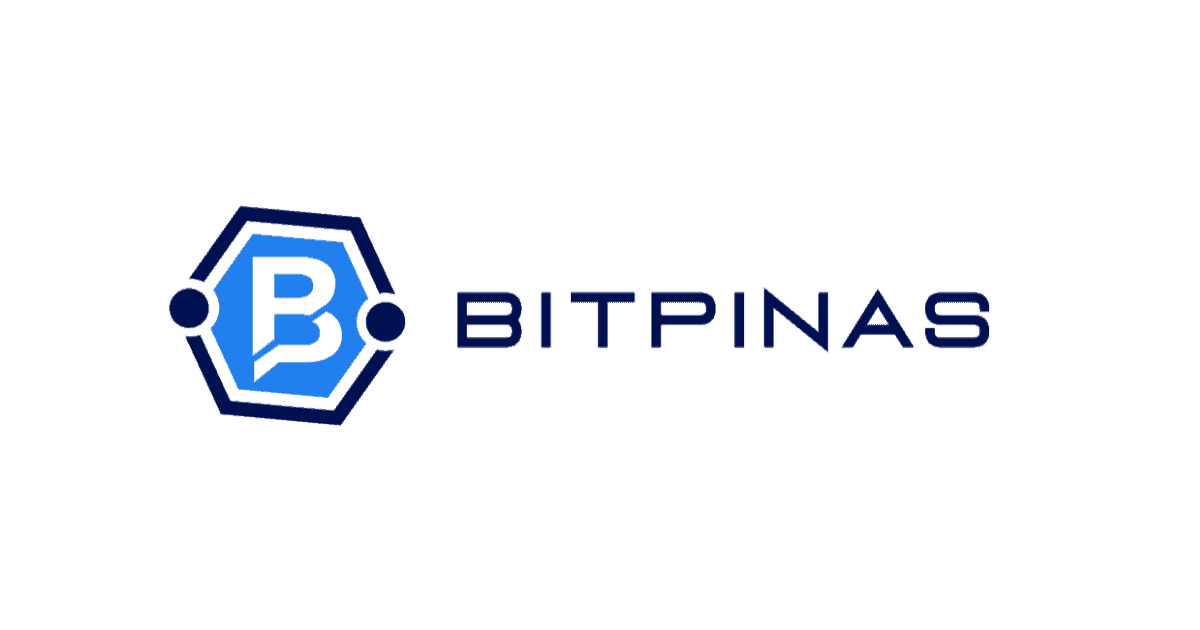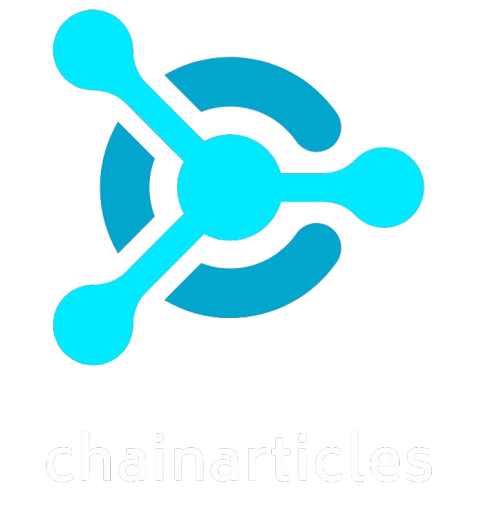Disclaimer: This article is for informational purposes only and does not constitute financial advice. BitPinas has no commercial relationship with any mentioned entity unless otherwise stated.
📬 Get the biggest crypto stories in the Philippines and Southeast Asia every week — subscribe to the BitPinas Newsletter.
From Google to Polymarket, from Ethereum to OKB, we’re tracking today’s most important crypto and AI stories as they unfold. This article will be updated throughout the day.
Standard Chartered Raises Ethereum Forecast to $25,000 by 2028

Standard Chartered increased its Ethereum price forecast to $7,500 in 2025, $12,000 in 2026, $18,000 in 2027, and $25,000 in both 2028 and 2029. This is up from its $4,000 projection for 2025 in March.
- The bank’s head of digital assets research, Geoff Kendrick, said institutional accumulation has been nearly double Bitcoin’s peak accumulation pace. Treasury firms and Ethereum ETFs have purchased 3.8% of all ETH in circulation since June.
- Kendrick cited the U.S. GENIUS Act as a driver for stablecoin adoption, increased liquidity, and higher Ethereum demand. Stablecoins account for 40% of blockchain fees, most issued on Ethereum.
Ethereum traded at $4,713, 4% below its all-time high of $4,878. Prediction market Myriad Markets showed 87.5% odds for ETH to reach $5,000 this year.
Google Clarifies Non-Custodial Crypto Wallets Not Affected by Policy Update

Google said non-custodial crypto wallets are not covered by its Google Play “Cryptocurrency Exchanges and Software Wallets Policy” after a post suggested otherwise.
- A Google Play blog post last month outlined new requirements for crypto exchanges and software wallets, including compliance with local laws and industry standards, with an Oct. 29 effective date.
- In the U.S., it said developers must register with FinCEN and as a state money transmitter, or be a chartered bank. Similar guidance was issued for the UK and EU.
The initial interpretation led to reports that unregistered non-custodial wallets would be banned in several countries. Google later posted on X that the wallets are “not in scope” of the policy and said it will update its Help Center to clarify.
OKX Upgrades X Layer, Phases Out OKTChain, and Updates OKB Economic Model
OKX completed the “PP upgrade” of its X Layer network on Aug. 5, 2025, integrating the latest Polygon CDK version to increase throughput to 5,000 TPS, reduce gas costs, and improve Ethereum mainnet compatibility.
- The upgrade focuses on DeFi, payments, and real-world asset applications, supported by ecosystem incentives, infrastructure enhancements, and deeper integration with OKX Wallet, Exchange, and OKX Pay.
OKX will discontinue OKTChain, halting OKT trading on Aug. 13 and converting OKT holdings to OKB starting Aug. 15 based on an average closing price from July 13 to Aug. 12. OKTChain will operate until Jan. 1, 2026, for deposits and conversions.
- OKB will remain X Layer’s native gas token.
- OKX will phase out Ethereum L1 OKB withdrawals, burn 65,256,712.097 OKB from historical repurchases and treasury reserves on Aug. 15, and cap total supply at 21 million.
- An OKB smart contract upgrade on Aug. 18 will remove minting and burning functions.
Bitcoin-Based Memecoin Launchpad Suffered $7M Worth of Security Exploit

Odin.fun lost 58.2 BTC in just two hours, according to blockchain security firm PeckShield.
- An investigation showed that hackers attacked the launchpad by adding tokens like SATOSHI to inflate prices, then withdrawing their liquidity to receive returns.
- Odin.fun’s co-founder Bob Bodily confirmed the exploit, saying that the attackers exploited the platform’s automated liquidity market-making tool.
- The executive then shared that the attackers are mainly tied to Chinese entities.
However, Boidily also stressed that their treasury is not big enough to cover the losses. But the team is already working on a concrete plan to compensate affected users.
- He then assured that the remaining funds in the platform are safe.
- As of this writing, it is confirmed that the Odin.fun team has already contacted U.S. law enforcement and is cooperating with OKX and Binance, CEXs that have engaged with Chinese authorities regarding the incident.
Binance Reveals Receiving Fake Resumes Created by North Korean Hackers

Specifically identifying the Lazarus Group, Binance said that the North Korean hackers are the single largest threat facing companies in the crypto industry today.
- Su shared that they identify fake resumes through their red-flag-identifying activities, which he cannot disclose.
- However, he admitted that there are still resumes that are not caught.
- Thus, they are conducting interviews through video calls to confirm their identity.
But this process is made challenging by the rise of AI, as North Korean hackers use voice changers and displays a deepfake video to hide their identity.
- To catch this modus, Su explained that, since the internet connection in the country is slow, the translation and the voice changer are delayed during the interview.
- And together with other tricks such as asking the interviewee to put a hand on their face to prove that they are not using deepfake videos, they can confirm if the application is fake.
“Our tracking used to [show] that the actor, the operative, will have a resume, and they mostly either have a Japanese or Chinese surname. But now, with AI and events in AI, they are able to fake to appear to be any kind of developer. More recently, we have seen them be candidates from Europe, from the Middle East. ”
Jimmy Su, Chief Security Officer, Binance
Former CEO of a Crypto Casino Faces Charges After Allegedly Using Investors’ Funds for Own Gambling

Federal prosecutors in New York have filed securities and wire fraud charges against Richard Kim, the former CEO of crypto casino Zero Edge for allegedly using the firm’s investor funding for personal casino and sports betting activities.
- Out of the $4.3 million worth of seed round funding that Zero Edge received, Kim allegedly spent $3.8 million from it on Shuffle, another crypto casino and sports betting platform, in just seven days.
Kim admitted this to the Federal Bureau of Investigation, saying that he was “clearly wrong from the beginning” and that his conduct amounted to a “completely unjustifiable” betrayal to his investors.
- In May 2025, the U.S. Securities and Exchange Commission charged Kim with fraud, emphasizing that he misappropriated investor funds minutes”after receiving funds.
- The regulator also noted that Zero Edge never launched, and the company is liquidating.
A MetaMask Token? Web3 Wallet Rumored to Launch Own Stablecoin

Potentially as soon as this week, MetaMask is expected to launch mUSD, a U.S. dollar-pegged stablecoin, according to multiple reports.
- Rumors came out after a prematurely posted governance proposal was submitted in the first week of August and was quickly deleted.
- When launched this week, mUSD is said to go live at the end of the month.
Refresh this page for new updates: Standard Chartered Predicts $25K ETH Price | Live Crypto Updates | Aug. 14, 2025
What else is happening in Crypto Philippines and beyond?






